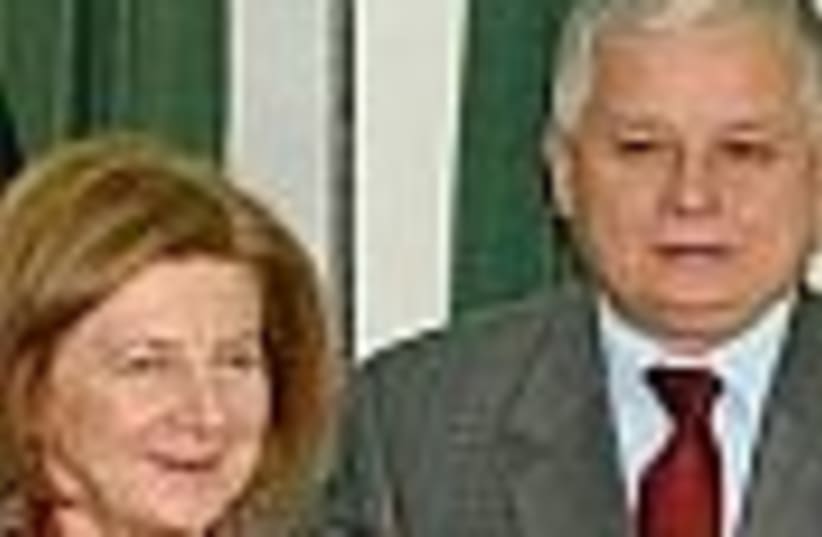| More about: | Warsaw, Donald Tusk, Civic Platform, Poland |
Warsaw mayor Kaczynski wins presidential runoff
Campaign stressed traditional Roman Catholic values and the need for a social safety net.


| More about: | Warsaw, Donald Tusk, Civic Platform, Poland |